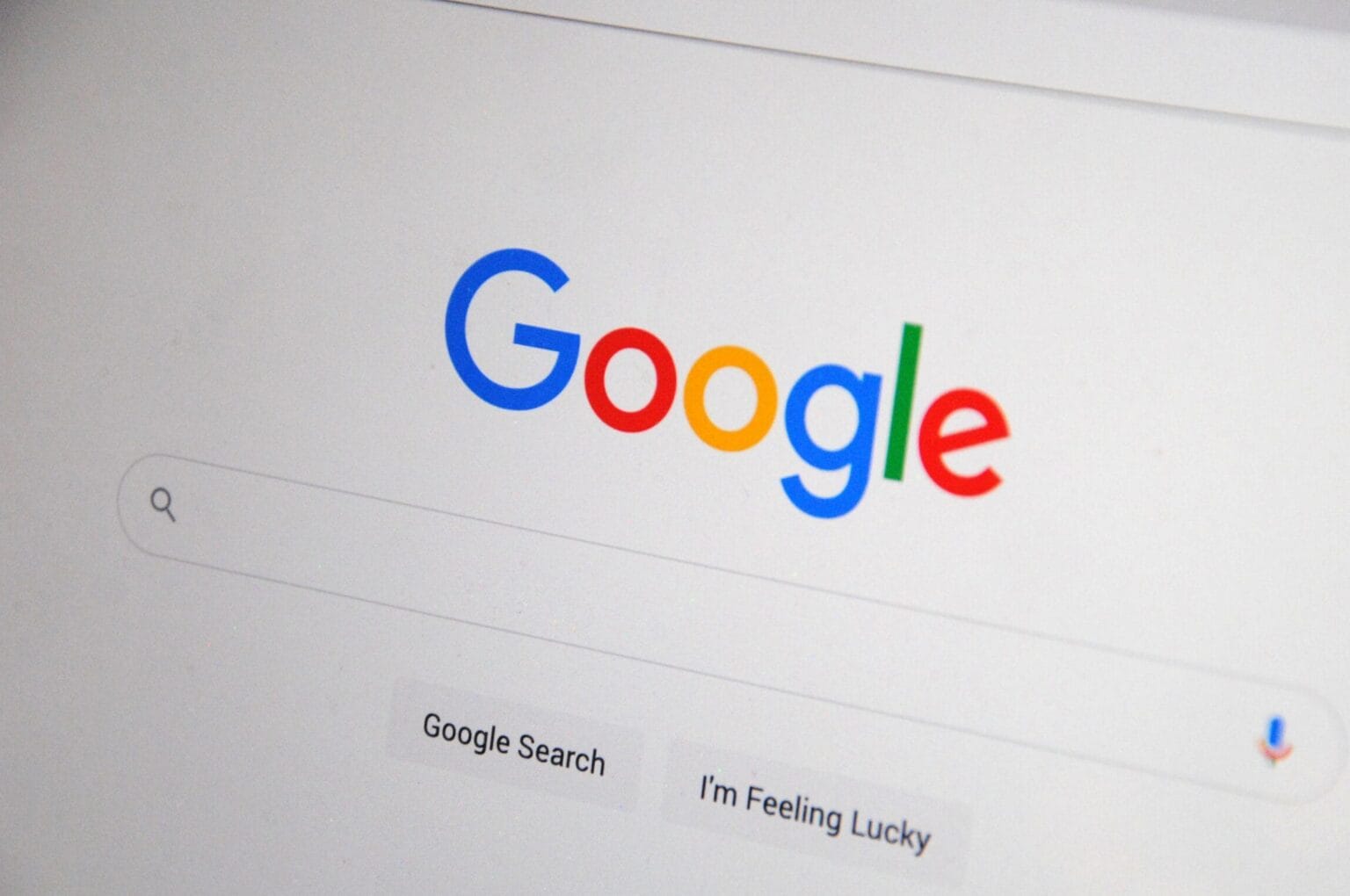The U.S. government has concluded the evidentiary phase in its antitrust trial against Alphabet’s Google, marking a critical stage in the legal battle.
The Justice Department, which initiated the trial on September 12, aims to establish that Google holds a monopoly and has unlawfully wielded its power to benefit its interests, particularly in online search.

Key Points:
The objective of the Trial:
Closing Arguments and Trial Progress:
Market Power and Anticompetitive Behavior:
Future Proceedings:
Conclusion:
As the evidentiary phase concludes in the antitrust trial against Google, the focus shifts to potential closing arguments and, ultimately, the court’s decision. The trial underscores the growing scrutiny and regulatory challenges that major technology companies accused of anti-competitive practices face. The implications of this case could extend beyond Google, shaping the future landscape of antitrust enforcement in the tech industry.
